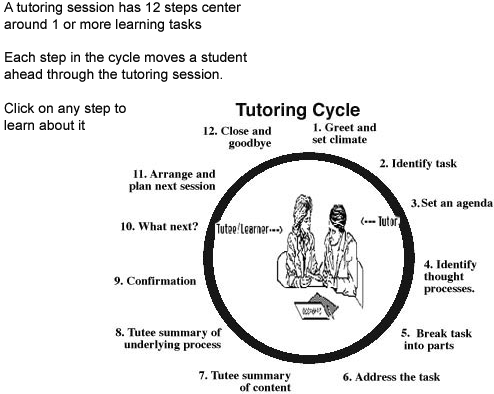Contributed to “Mindful Madness” (Spring 2017, Fall 2018)
- I twice helped plan and implement Mindful Madness, CSUMB’s annual de-stressing event holding many activities including open meditation, hypnotherapy, yoga, and other fun activities to help students practice mindfulness. This event aims to help students de-stress and remind them of the resources on campus that are there to provide mental health assistance. I have lead students through activities such as aromatherapy and pottery making.

Founded an Active Minds Chapter for CSUMB (Spring 2017)
 As a part of the National Mental Health Movement to which I am a student ambassador for, the Active Minds CSUMB Chapter works toward reducing the stigma of mental health on campus. It plans and facilitates events for students from diverse backgrounds that are educational, stress-relieving, and enjoyable. In addition to educating about mental health, disorders, and suicide prevention, we collaborate with other clubs and programs on campus (e.g., OC3, PGCC, and Pride Club) to advocate for inclusion and diversity.
As a part of the National Mental Health Movement to which I am a student ambassador for, the Active Minds CSUMB Chapter works toward reducing the stigma of mental health on campus. It plans and facilitates events for students from diverse backgrounds that are educational, stress-relieving, and enjoyable. In addition to educating about mental health, disorders, and suicide prevention, we collaborate with other clubs and programs on campus (e.g., OC3, PGCC, and Pride Club) to advocate for inclusion and diversity.

Service Learning, HCOM 317S: Socio-Cultural Dynamics & Civic Engagement
My service learning (SL) course, Advanced Composition, focused on literacy and my site took place at the Center for Diagnosis and Instruction, or Reading Center, which is located on-campus. Three times a week I tutored young children on different subjects such as writing, reading, and English language skills. Although I had not had worked with children prior to SL, other previous tutoring experience helped me to adapt quickly. I value this experience because it went beyond a simple tutoring position.
During SL, I worked on strengthening my interpersonal and critical thinking skills. There was a small learning curve where I shadowed other tutors before I started. When I did start, I was still unfamiliar with some of the technology so I was very open to feedback. Since I was new to this established environment and new to tutoring young children, I welcomed the advice of the office manager and other tutors on the methods in which I tutored. As well, I was able to practice speaking up when I did not fully understand or needed assistance with something.
Lastly, a useful methodology I learned that I will use in the future when in a tutoring position is the 12-step tutoring process that allows for maximum efficiency. It incorporates a personal element to establish a relationship between tutor and student in order to set the tone for a comfortable session. Though a small step, it can bode well for a successful lesson. The method gives time for reflection, allowing the student to think about the underlying and key concepts they should be taking away from the period.

Beyond practicing these skills, the course and SL taught me more about socio-cultural dynamics and relating the concept to real-world situations. My awareness of the privileges I hold, such as education, allow me to help others who face systemic inequity. I saw this concept at the Reading Center because the price of instruction was very high ($25 per session). Only children with parents who could afford the extra help were able to have access to this resource. With this course and SL, I deepened my understanding and analysis of the social, cultural and civic aspects of my personal and professional identities. I not only plan to take this perspective and apply it to my studies and everyday life, but I will also take these factors into consideration while conducting my research. My research topic focuses on the success of students, particularly those from first-generation and low-income backgrounds, in higher education. Having a deeper understanding of individual factors that contribute to educational success can strengthen my research and the perspective I take towards it.
